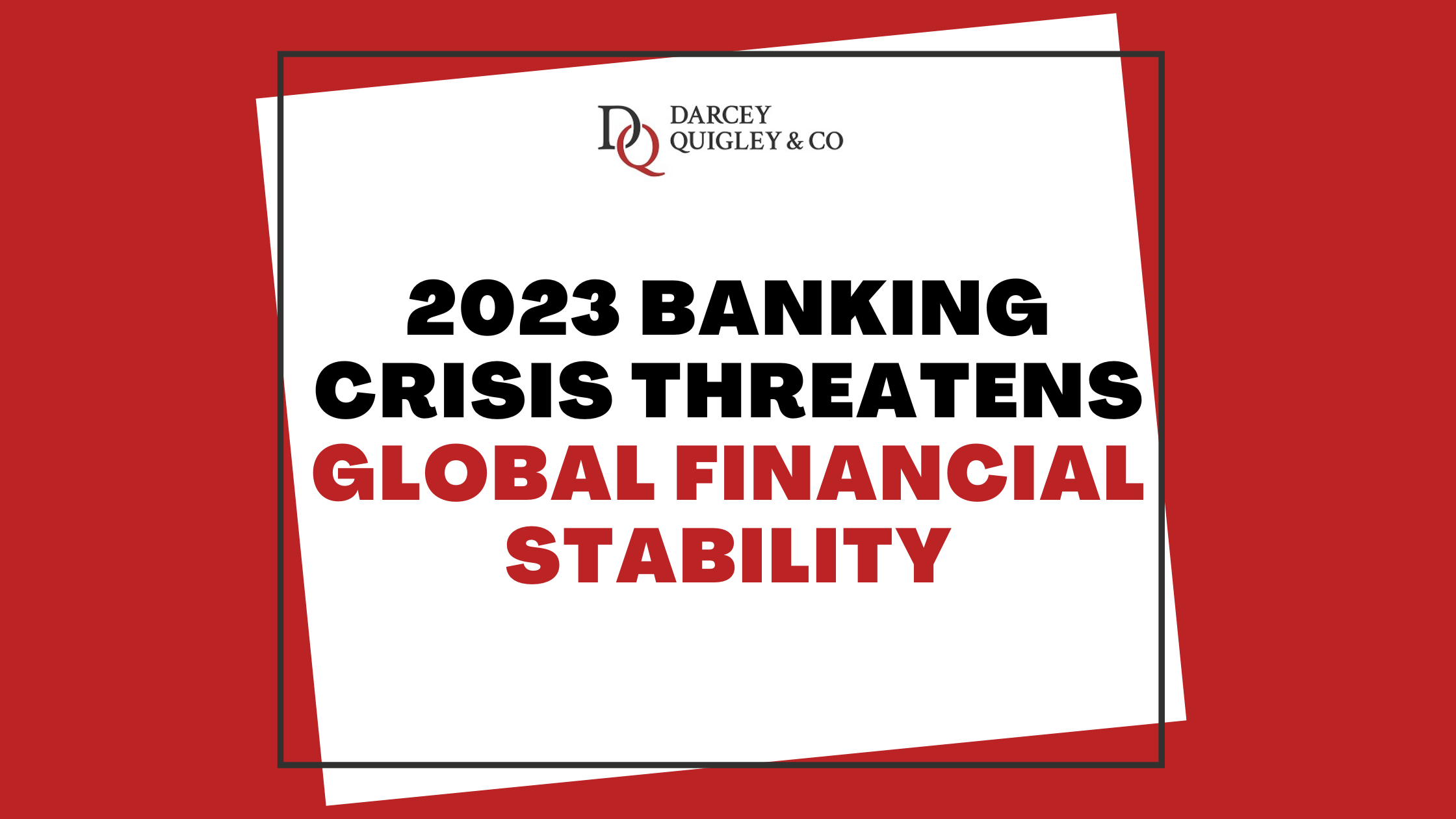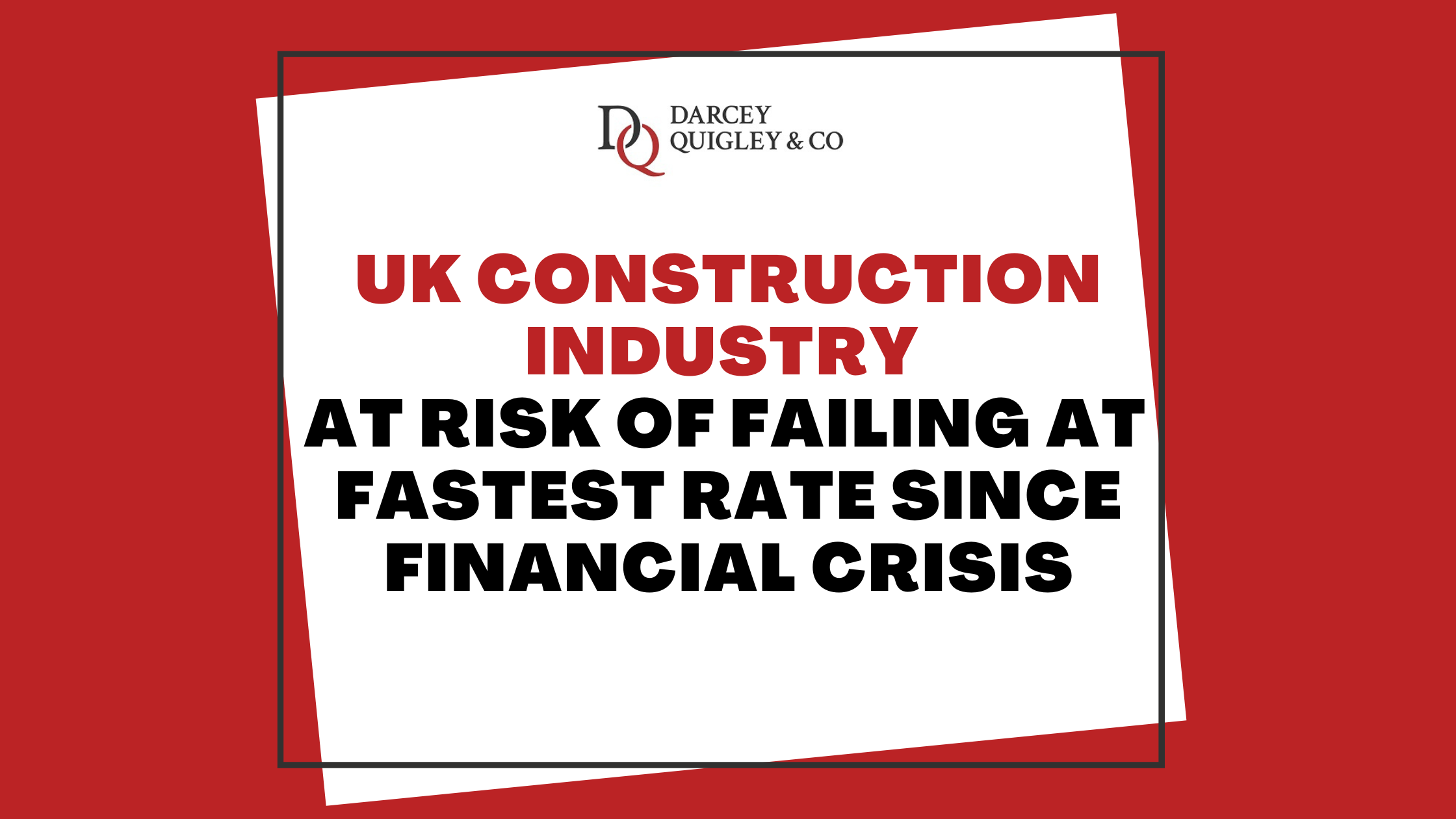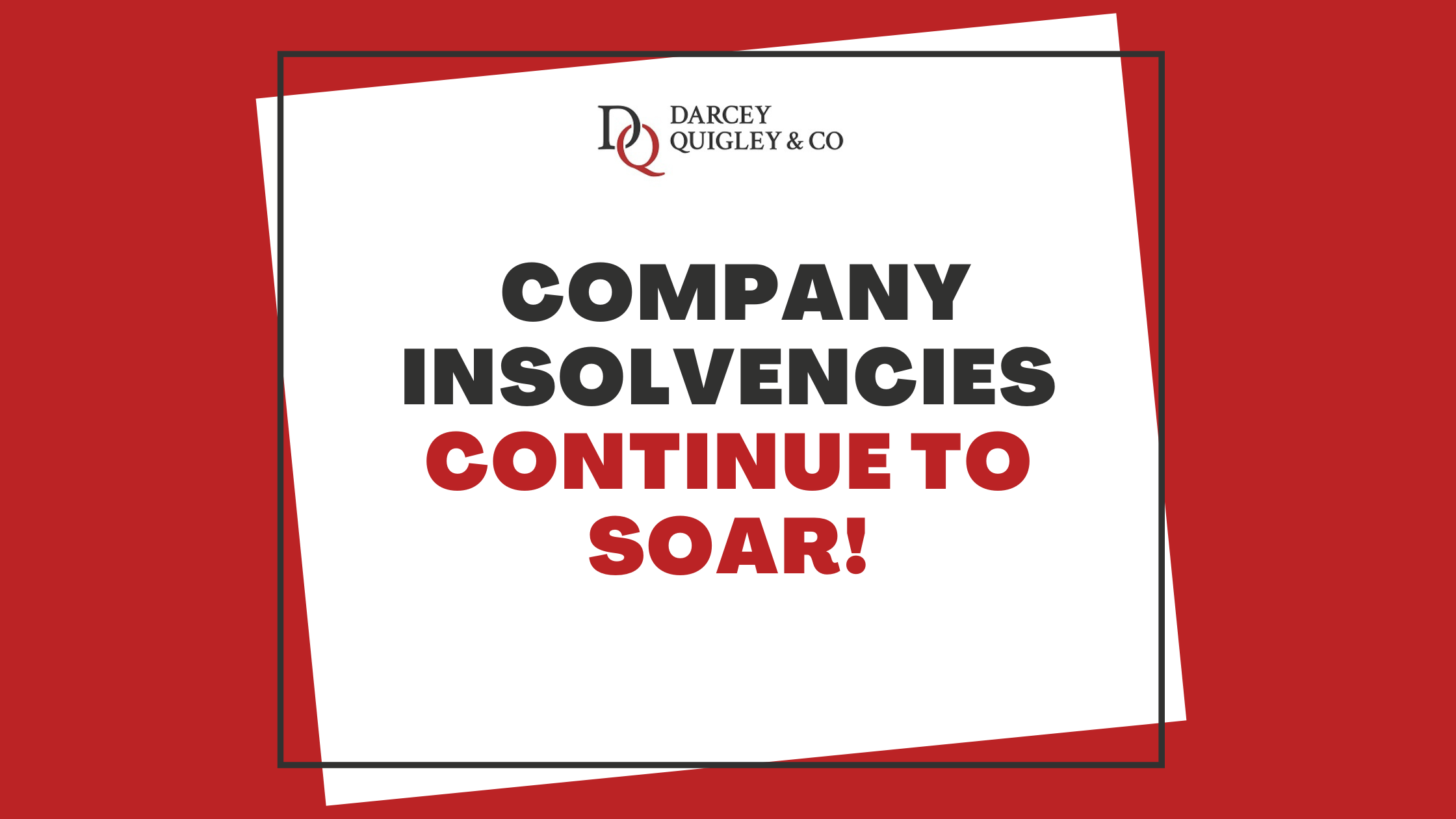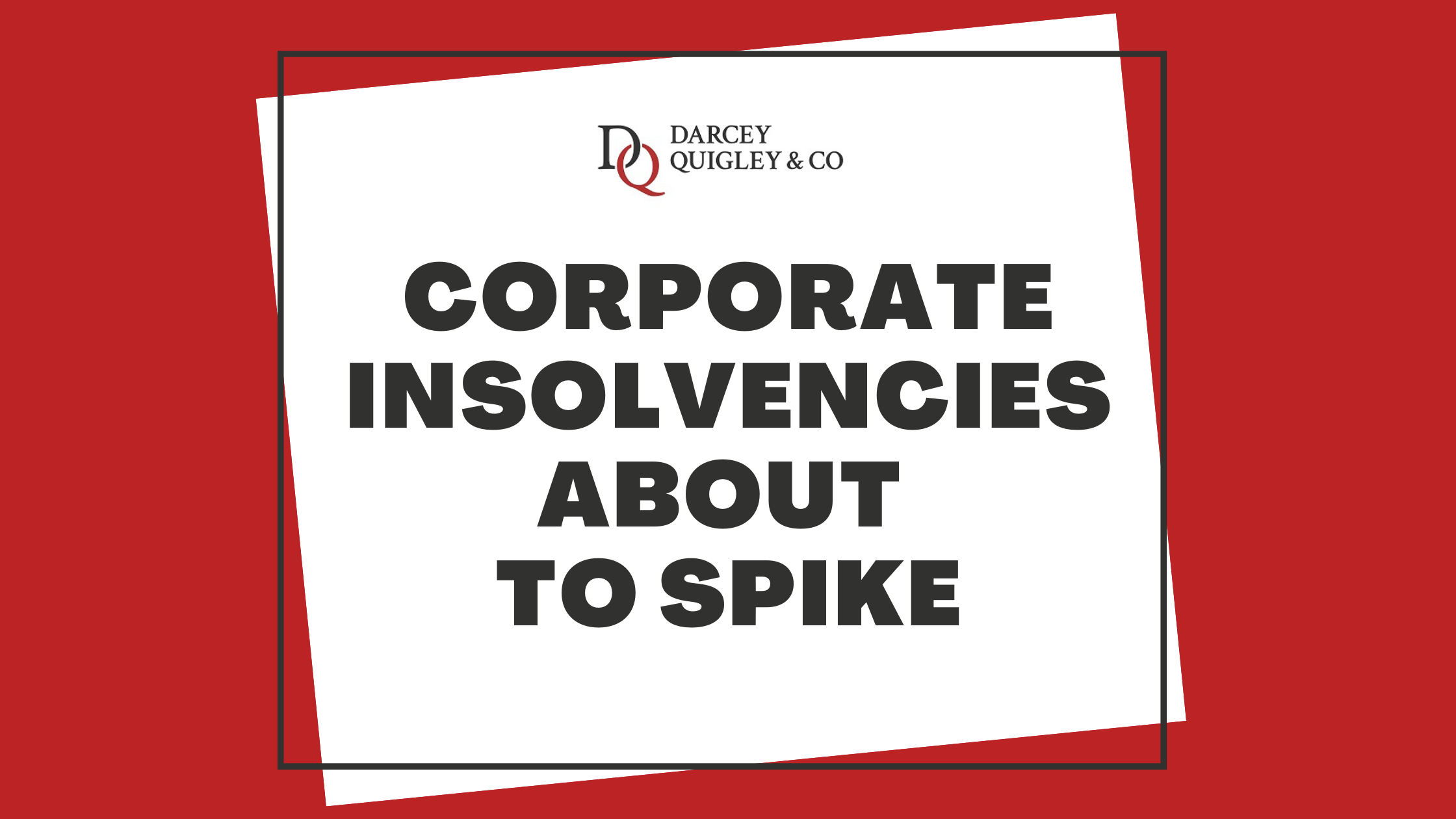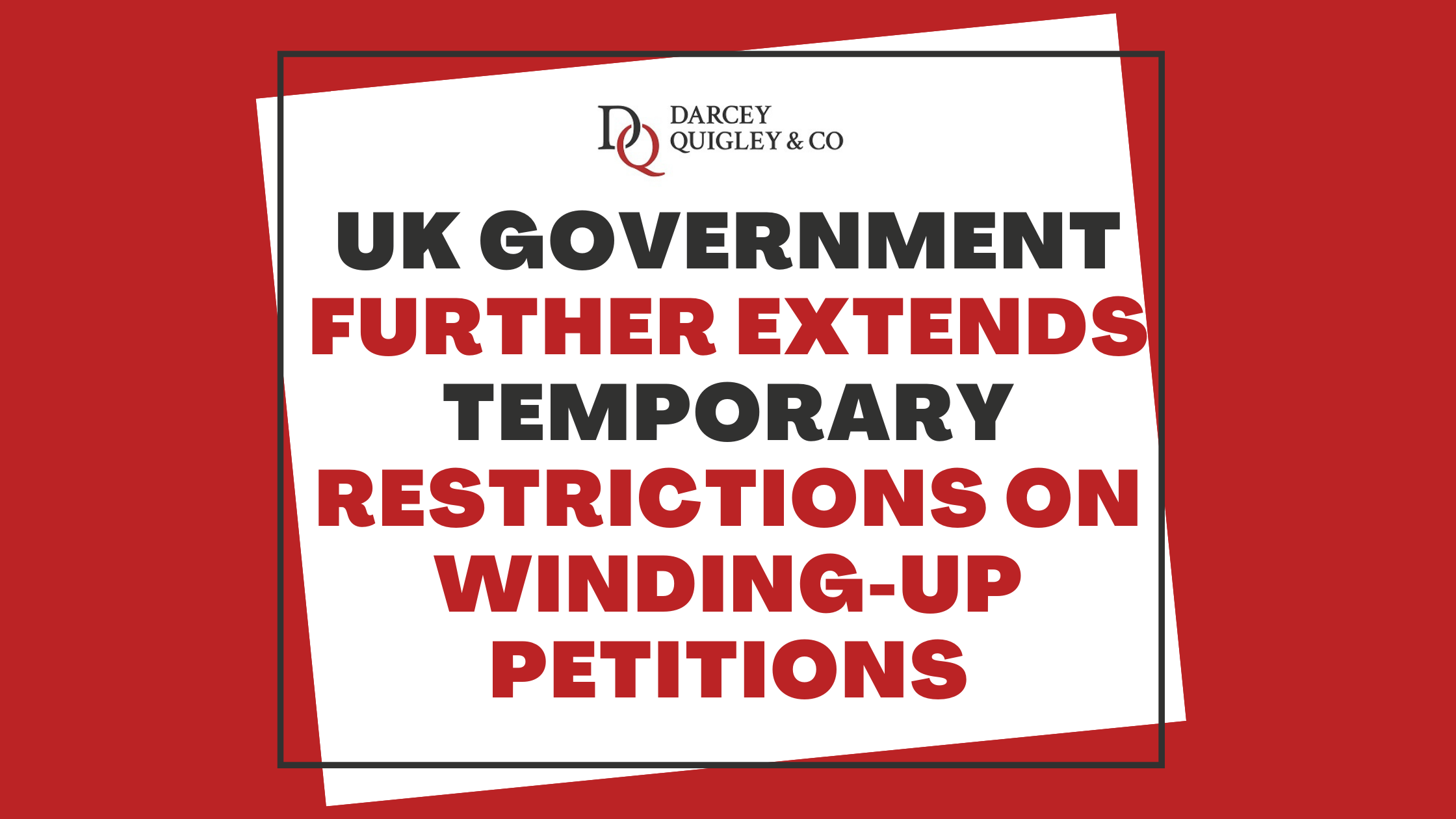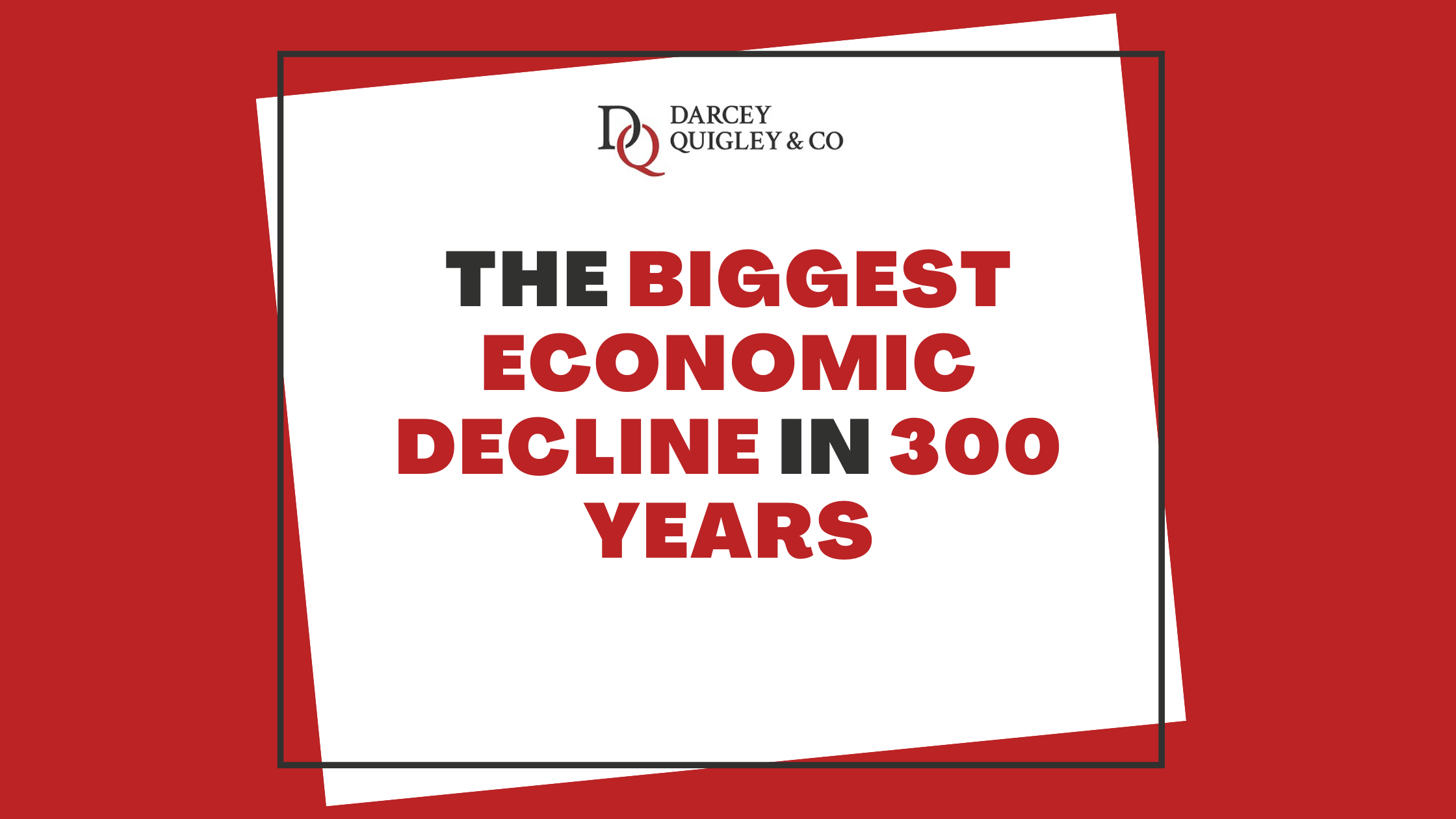July Insolvency Figures Reveal Some Stark News
The number of company insolvencies are soaring once again as July’s insolvency figures have just been released, continuing the trend of rising insolvencies.
In England and Wales, the number of company insolvencies have rocketed 67% year on year to 1,827. What is also alarming is the fact that they are 27% higher than the number of insolvencies registered in July 2019, before the COVID-19 pandemic.
Creditor’s Voluntary Liquidations (CVLs) have also spiked 60% higher compared to July 2021 and 60% higher than figures recorded in July 2019. This is extremely alarming as a Creditor’s Voluntary Liquidation is when a business is placed into liquidation to pay their outstanding debts.
There were three times the number of compulsory liquidations in July this year compared to just 12 months ago.
What does this mean for your business?
If you customer goes into liquidation, the chances that all their outstanding debts are paid are virtually zero.
If you are owed money by a company that went into liquidation, there is an extremely high likelihood that you will never see the monies you are owed. This has a knock-on impact on the credit cycle as a company missing out on being paid for work they’ve carried out can easily lead to cashflow problems, which means they may not be able to pay their own supplies.
Why do insolvencies continue to rise?
The ongoing cost of living crisis gripping the UK would explain why things are only getting worse as businesses pay more for stock, materials, hiring and purchasing of equipment.
Inflation recently hit double figures, the first this has happened since 1982. Interest rates have been hiked to 1.75%, the highest rates have been in 13 years, in an effort to combat the rise in inflation but so far, to no avail.
Energy costs are set to continue to rise, which again means huge cost implications for businesses trading. All of these factors also mean less consumer confidence, resulting in us spending less which is likely to lead to a recession at a scale not seen since 2008.
Sharp rises in operational costs for businesses and less consumer spending provide a perilous environment for trading which are contributing to the growing number of company insolvencies that we’re currently seeing.
Protecting your business’ cashflow
Your business cashflow is critical and you should be doing all you can to protect it. There are a few steps you can begin taking today to mitigate the risk of late or non-payments, ensuring a healthy cashflow.
Implement stringent credit control processes
Having tighter credit control will ensure that you are offering suitable credit terms according to your customers up to date credit file, are aware of their previous payment history as well as any CCJs on their file.
Having a better understanding of the customers you do business with will help you make more informed credit decisions that will significantly reduce the risk of late payments.
Whilst running company credit checks will help, they will not guarantee that all payments will be made on time. When a payment is missed it is critical that you have a plan in place to chase these late payments. A full understanding of your sales ledger will help you understand exactly what invoices are outstanding and when they need repaid.
Following up on late payments is the next step and you should always be chasing overdue payments to ensure they are paid quickly. Otherwise, you run the risk of never actually receiving the money for work you have done or goods you have supplied. There is no point making a sale if you are not going to be paid for it.
How Darcey Quigley & Co can help
The reason we see many businesses encounter late payments, and the cashflow worries that come with them, when we begin recovering commercial debt is because they do not have the time or resources to follow an effective credit control process.
Here at Darcey Quigley & Co we offer a fully outsourced credit control management solution. We have the tools and intelligence to understand the background of the companies you do business with and the likelihood that they will default on payment of invoices.
Outsourcing these functions to Darcey Quigley allows you to take back control. Darcey Quigley will provide a personalised business to business credit control programme for you including: customer invoicing, telephone, email and post reminders, scheduling statements and chasing all outstanding payments and invoices.
We understand how important your relationship with your customers is. Our approach ensures quick payment without the risk of upsetting your customer relationships.
Recovering overdue commercial debt
Here at Darcey Quigley & Co we have collected billions of pounds worth of commercial debt for clients from all over the globe for the past 15 years.
Our advice is to act quickly to recover any outstanding amounts, the longer you leave debts outstanding will have a significant impact on the likelihood of the debt being repaid.
Maintaining a relationship with customers is a priority for the majority of our clients so you can continue to do business together. We tailor our approach to ensure brand protection, ensure your overdue invoices are paid whilst also protecting the business relationship you have with your customer.
Our reputation speaks for itself.
If you’re concerned about any overdue accounts, you have book a call with a member of our friendly team here!
Find out how much late payment interest and compensation you are eligible to claim with our free late payment calculator!

Lynne is the Founder and CEO of Darcey Quigley & Co.
She is passionate and determined to help businesses get overdue invoices paid quickly.
Having worked within the credit management industry for over 27 years and ran UK leading commercial debt recovery specialists Darcey Quigley & Co for over 17 years, Lynne has helped businesses recover commercial debts from every continent across the globe.
Connect with me on LinkedIn!



